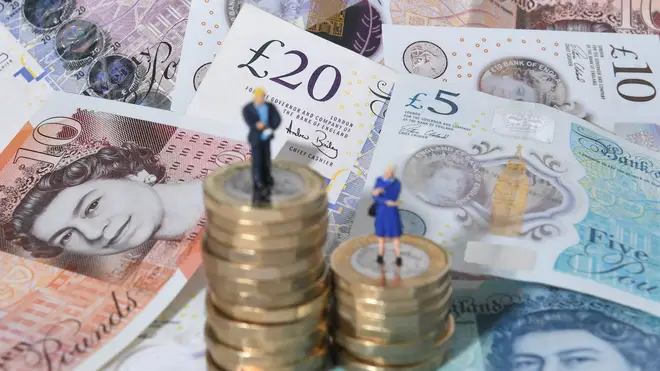
Henry Riley 4am - 7am
24 May 2022, 10:04

As more households and businesses come under pressure due to the cost-of-living crisis, Aviva expects to see more claims fraud.
Fraudulent insurance claims will increase further as the cost-of-living crisis deepens, an insurance giant has predicted.
Aviva said the proportion of insurance claims it rejected due to fraud concerns rose last year.
The insurer uncovered more than 11,000 instances of claims fraud in 2021, worth more than £122 million.
This equates to around 30 bogus claims being detected every day typically.
Waseem Malik, chief claims officer at Aviva UK General Insurance, said: “Fraud is typically committed for reasons of need or greed, and we believe the increase in claims fraud last year is linked to reduced incomes during Covid lockdowns.
“As more households and businesses come under increased financial stress due to the cost-of-living crisis, we expect to see more claims fraud, especially on home, small business and liability insurance policies.
“Insurance fraud is a crime, and we are continuing to invest in strengthening our fraud defences to protect genuine customers from the impact of fraud and to keep premiums low.
“We will also be keeping a watchful eye on motor injury fraud this year, to see if it declines as the whiplash reforms bed in.
“Although it’s early days, we are starting to see some signs that organised fraudsters involved in motor injury fraud are moving into the repair side of motor claims, as well as liability frauds such as slips and trips.”
Motor fraud accounts for 60% of all claims fraud detected by Aviva.
The whiplash reforms, which came into effect at the end of May 2021 and reduced compensation awards for minor whiplash injuries, are expected to reduce the incidence of motor injury fraud over time.
The proportion of fraud detected on motor injury claims last year increased, as organised fraudsters sought to take advantage before the reforms were introduced, and motorists returned to the roads following the easing of Covid-19 restrictions, Aviva said.
It has also seen a sharp increase in home insurance fraud – and it expects this to rise further this year amid cost-of-living pressures.
The most common types of detected home fraud were bogus claims for accidental damage, accidental loss and theft. The average value for a fraudulent household insurance claim was £3,645.
Mobile phones, TVs, laptops and jewellery are among items commonly claimed for fraudulently.
As pressure mounts on the cost of living, Aviva also said customers should be wary of insurance offers from unclear, unsolicited or unusual sources – particularly via online messaging platforms.
If customers have any concerns about the legitimacy of an insurance offer, they can check the broker’s status on the Financial Conduct Authority or British Insurance Brokers’ Association websites, or alternatively contact the insurer directly.
Ultimately, if a premium looks too good to be true, then it probably is, the insurer added.